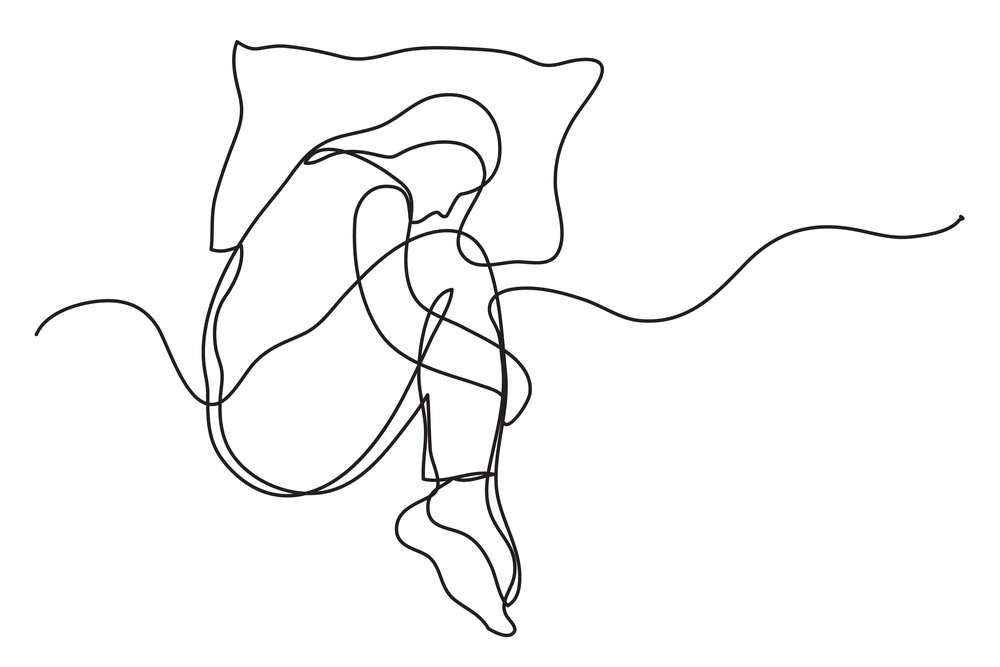An Ancient and Modern Anxiety
It’s pretty commonplace nowadays to hear arguments either defending or condemning the integration of technology into our everyday lifestyle. Proponents of this integration often stress the convenience and connectedness that technology makes possible, while critics commonly claim that it can distract us and cause us to become cognitively lazy. We can easily apply these arguments to current innovations pertaining to the internet and smart phone apps, but they can be applied to any type of technology, anything that improved, maybe simplified, a previous method of accomplishing a certain task. In an article for The Partially Examined Life, Adam Arnold discusses the anxieties brought about by technological advancements. Arnold argues that, while technology has certainly improved our lives in countless ways, it can also cause our thinking to be clouded by the comfort of routine and convenience. We might think this to be a strictly modern concern, but Arnold points out that this is not the case. It seems that Socrates was hip to this anxiety a couple thousand years ago. He was worried about the practice of writing things down, which caused one to be less reliant on her own memory and more so on her ability to be reminded by her writing. Arnold quotes the Phaedrus:
For this will provide forgetfulness in the souls of those who have learned it, through the neglect of memory, seeing that, through trust in writing, they recollect from outside with alien markings, not reminding themselves from inside, by themselves. You have therefore found a drug not for memory, but for reminding.
Of course it seems a bit strange to consider writing to be a technological advancement, but Socrates’ concern actually parallels some modern anxieties about how the internet affects memory. What are your thoughts on this ethical dilemma surrounding technology? Should we be worried about the potential for laziness, or should we embrace that technology can change the way we think and alter the course of human history? Who knows, maybe in a thousand more years people will think it’s weird that we thought that we were technologically innovative in 2014.




